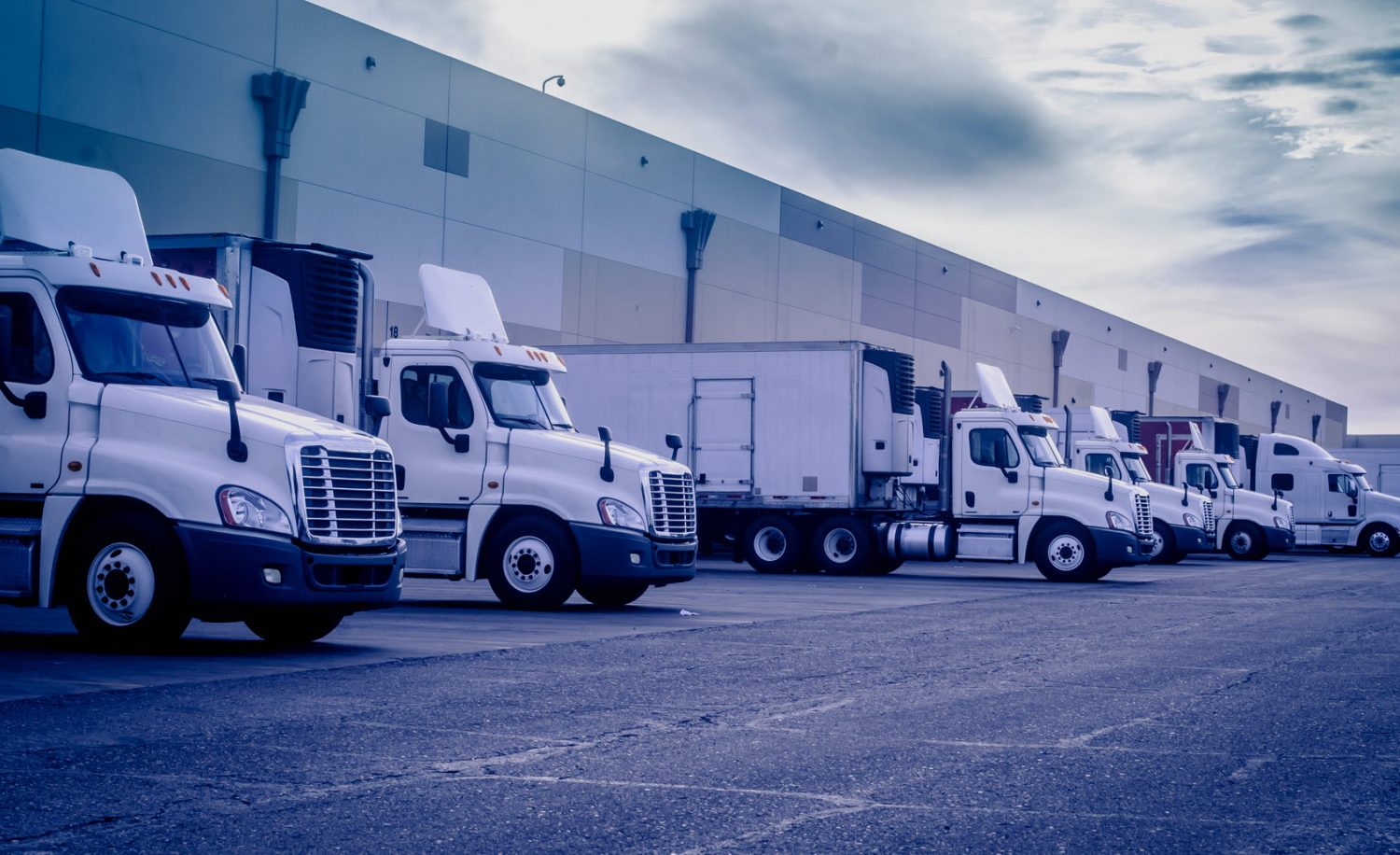Advantages Of Having Fleet Insurance
Posted on November 30, 2016
Insurance is an vital component of the transportation costs of both big and small trucking companies. Fleet insurance provides trucking companies with the major opportunity to enhance the safety of their employees, lower insurance costs and still take advantage of as much coverage as the company requires.
If theft or a motor vehicle accident renders a company vehicle useless, the loss of revenue can quickly add up and hinder the growth of the business. Having insurance plays a vital role in getting the vehicle back on the road as quickly as possible. There will also be an assigned professional to help you through the entire process. Reputable insurance companies are committed to delivering consistently outstanding service, especially when it matters most

Fleet insurance provides coverage for a group of cars, trucks and other commercial vehicles in a single policy. The risk of each commercial vehicle under this policy is managed by this type of insurance. It distributes the risk across the board to prevent you from paying more than once for each risk.
Insuring each vehicle under a separate policy would not make financial sense. Fleet insurance measures the risk of the whole fleet and evaluates the premiums according to the risks for the entire fleet instead. The risks unique to owning a high number of vehicles are catered to as well.
From insurance for a high volume of vehicles to truck insurance for smaller companies, there are flexible fleet insurance options to satisfy the requirements of any trucking company. To grow and maintain success, comprehensive and cost-effective insurance coverage is vital. Having an effective management team to guide you will make the task of handling insurance matters that much easier.
Insurance for heavy commercial vehicles requires the insurer to be aware of the operational demands associated with operating several heavy-duty commercial vehicles. Companies in the transport industry, especially trucking companies that haul vehicles over far distances on a consistent basis, need insurers who are knowledgeable about the unique risks trucking companies face.
In addition, fleet insurance companies need to consider the complexities involved in insuring commercial vehicles. For example, these vehicles are typically insured for multiple drivers and the vehicles need to be available for use for as many applications as needed.
Fleet insurance primarily provides coverage for vehicles used for the transportation of goods. As such, the policy sometimes includes coverage for cargo while the goods are in transit. However, this differs from insurer to insurer. If your insurer does not provide cargo coverage as a part of your fleet insurance package, you have the option of adding stock insurance to your business insurance portfolio. This will cover cargo while in transit and while in storage.
Fleet insurance requirements usually differ from one insurer to the next. However, there are a few basic factors that all companies will consider when deciding on a company’s eligibility for fleet insurance.
The primary factors include the types and amount of vehicles to be covered. If the trucking company is insuring different types of vehicles, the insurance premium will be different from a quote for 10 of the same kind of vehicle. The condition, age and mileage incurred by the vehicles will be important factors in the cost of fleet insurance as well.
The process involved in determining the premium rates for fleet insurance is known as fleet rating. Different skills procedures are used to come up with the fleet rating and the type of fleet is a major factor in coming up with the decision. The fleet size and claims history will also be used to come up with the fleet rating.
